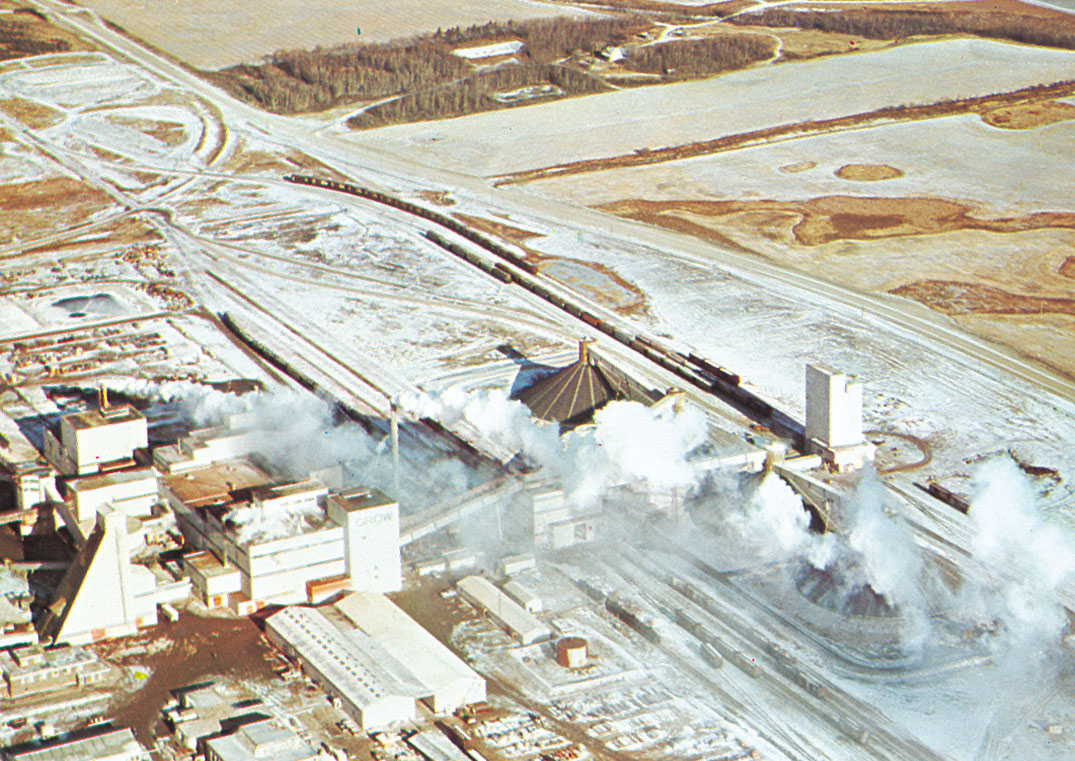Potassium nitrate and potassium chloride are two very important ionic compounds of potassium. The chemical formula of potassium nitrate is KNO3 whereas the chemical formula of potassium chloride is KCl. Needless to say, potassium is the cation in both of these ionic salts. The anion in potassium nitrate is the nitrate ion, which is denoted by the formula NO3–. Furthermore, the anion in potassium chloride molecules is the chloride ion, which is denoted by the formula Cl–. Some important properties and uses of potassium nitrate and potassium chloride are provided in this article.
Potassium Nitrate
Potassium nitrate is an alkali metal nitrate that occurs naturally as a mineral. The properties and uses of KNO3 are listed in this subsection.
Properties of Potassium Nitrate
- The molar mass of potassium nitrate is equal to 101.1032 grams per mole.
- Under standard conditions for temperature and pressure (often abbreviated to STP), potassium nitrate exists as a white solid that does not have any characteristic odour.
- At a temperature of 16 degrees Celsius, the density of this compound corresponds to 2.109 grams per cubic centimetre.
- The melting point of potassium nitrate is equal to 334 degrees Celsius. The boiling point of this compound can be approximated to 400 degrees Celsius. However, it is important to note that potassium nitrate decomposes at this temperature gradient.
- Potassium chloride is fairly soluble in water. At a temperature of 20 degrees Celsius, the solubility of potassium nitrate in water corresponds to 242 grams per litre.
Uses of Potassium Nitrate
- Nitric acid can be prepared by reacting potassium nitrate with sulphuric acid.
- Potassium nitrate can be used as an oxidizing agent in gunpowder and is, therefore, a vital component of many firearms.
- This compound is also used in the preparation of processed meat.
- Another vital application of potassium nitrate is in the production of crop fertilizers. Since it acts as a source of both potassium and nitrogen, it can provide two crucial nutrients to plants.
Potassium Chloride
Potassium chloride (sometimes referred to as potassium salt) is a salt of an alkali metal and a halogen. Some important properties and uses of potassium chloride are listed in this subsection.
Properties of Potassium Chloride
- The molar mass of potassium chloride is equal to 74.5513 grams per mole.
- Under standard conditions for temperature and pressure, potassium chloride exists as a crystalline solid that is white in colour. In this state, KCl does not have any characteristic odour.
- The density of potassium chloride is roughly equal to 1.984 grams per cubic centimetre.
- The melting point of potassium chloride is approximately equal to 770 degrees Celsius.
- The boiling point of potassium chloride is approximately equal to 1420 degrees Celsius.
- Potassium chloride is highly soluble in water. At a temperature of 20 degrees Celsius, the solubility of this compound in water is roughly equal to 340 grams per litre.
Uses of Potassium Chloride
- Potassium chloride is primarily used in the production of crop fertilizers.
- Since potassium is vital for the human body to function, potassium chloride is also used in the medical industry.
- This compound can also be used as a substitute for common salt in culinary applications.







